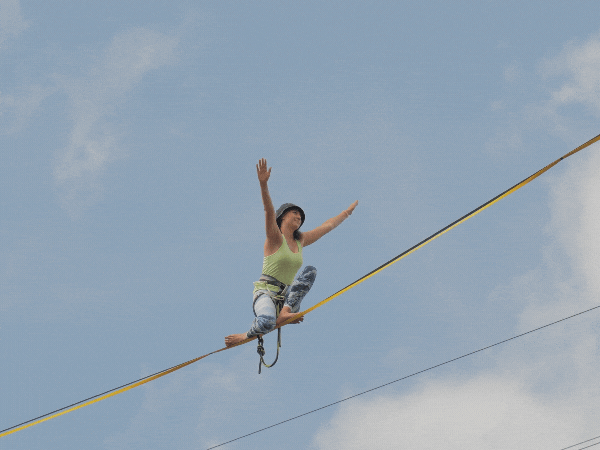What’s Your Parenting Style?
Recognizing your parenting style can help you identify areas for growth and development
Hi! I hope you and your family are doing well!
We all want to be great parents, and at the same time there is no such thing as perfect parenting. Not a single one of us will be great 100% of the time, and that shouldn’t even be our goal given that parenting missteps followed by relational repair is an important way our children learn and grow (thank goodness!).
There is no one way to parent, but there is a style of parenting that is more productive, especially when parenting is complicated by a mental health issue or behaviors like an eating disorder, substance use, or self-harm. The good news is that it’s not black and white, and we can all learn and grow into new ways of practicing the art of parenting.
Here’s a quick overview of three different parenting styles:
1. Supportive Parenting
A supportive parent recognizes and respects their child as a separate individual with their own desires, thoughts, and emotions, and provides guidance, boundaries, and support without overshadowing the child's autonomy. They encourage open communication, offer appropriate independence, and empower the child to make decisions within a safe and nurturing environment.
Supportive parenting is the ability to provide your child with structure, expectations, and boundaries as well as validation, compassion, and empathy. It’s a delicate but important balance that takes effort and practice.
Remember: parenting is about practice, not perfect!
When supporting a child, we are active listeners, feel empathy and understanding for their point of view, and empower our kids to develop a healthy sense of self while also upholding a firm structure, clear expectations, and interpersonal boundaries.
2. Parental Control
Parental control typically stems from a parent’s desire to ensure a child's safety, success, or adherence to social norms. They impose rigid rules, micromanage the child's decisions, and emphasize obedience over autonomy. It involves a lot of tense negotiation and arguments, punishment, bribing, and eventually giving in to the child’s demands when control efforts fail and parents become too exhausted to fight anymore.
While well-intentioned, parental control can impact the child's independence, creativity, and problem-solving skills. It also leads to a strained parent-child dynamic and increases the risk of rebellion, which is an attempt to gain autonomy even when it’s against the child’s best interests.
A controlling parenting style may offer the structure, expectations, and boundaries necessary for supportive parenting. However, it tends to be inconsistent due to parental fatigue and child rebellion. It also lacks the balancing effects of validation, compassion, and empathy needed to support emotional growth and development.
If you recognize yourself as struggling with support vs. control, the skill to work on is combining high levels of emotional validation with equally high levels of expectations and boundaries.
3. Enmeshment
In an enmeshed dynamic, the parent’s emotional state is directly dependent on how the child is feeling, and their sense of self-worth is dependent on their child’s health, social, or emotional status. Parents in an enmeshed dynamic frequently feel helpless, powerless, hopeless, as if they’re walking on eggshells, or as if the child calls all the shots in the household.
In this dynamic, the child experiences a lack of agency and an inappropriate level of power and control over the parent. They struggle to establish their identity and form healthy relationships. Both parent and child have trouble holding healthy boundaries and feeling a strong sense of self.
If you struggle with support vs. enmeshment, you can learn to process your feelings about your child’s emotional state while upholding structure, expectations, and boundaries.
When a child is struggling with anxiety, depression, an eating disorder, or other mental health challenges, you’re are on the front-line of care. This is hard work, and requires tremendous fortitude and self-reflection. I know it’s a lot, and I admire you for showing up and being willing to learn and grow. Let me know if you’d like some help!
Ginny Jones Parent Coach / More-Love.org
What Is Your Parenting Style?
All of us can learn and grow and develop new parenting skills to face our unique challenges. I see brave parents like you doing it every day. We’re all a work in progress, and parenting is about practice, not perfection.
You want to spend more time parenting supportively, and this 9-page downloadable worksheet will help you explore parenting styles and identify what percentage of time you’re parenting from a supportive, controlling, or enmeshed perspective. You will uncover ways to increase the percentage of time you are providing supportive care while decreasing control and enmeshment.






